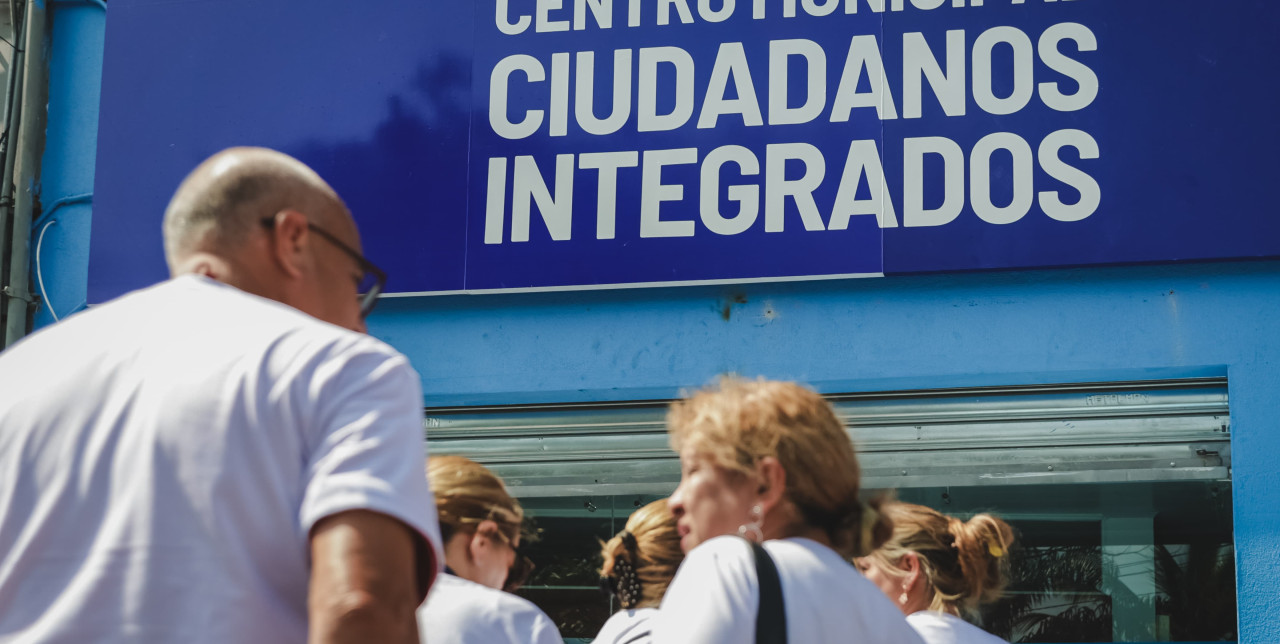19-12-2024 | di COOPI
Ecuador. The transformative impact of the Municipal Integrated Citizens Center
Since its inauguration on June 20, 2024, the Municipal Integrated Citizens Center (CMCI), managed by COOPI - Cooperazione Internazionale in collaboration with the Citizen Municipality of Guayaquil and with the funds from the Rockefeller Philanthropy Advisors (RPA) and the Mayors Migration Council, has exceeded expectations by assisting 1,339 people in its first three months of operation, surpassing its initial goal of 1,000 beneficiaries.
Located at the Fundación Terminal Terrestre in Guayaquil, the CMCI has become a comprehensive and accessible support space for migrants, refugees, returning Ecuadorians, internally displaced persons, and vulnerable local communities. In this center, beneficiaries have found essential services that include:
- Psychological, medical, and legal assistance.
- Safe spaces for breastfeeding and childcare.
- Specialized care for survivors of gender-based violence.
- Social work counseling and internet access.
Since its opening, the CMCI has seen a rapid increase in the number of beneficiaries served. In three months, the numbers surpassed expectations: 173 people in June, 856 in July, and 310 in August. Beneficiaries include adults, children, and adolescents of various nationalities, such as Venezuelans, Colombians, Ecuadorians, and Peruvians. These figures not only highlight the need for such initiatives but also the CMCI’s commitment to meeting the growing demand for services in the city.
The success of the CMCI is the result of effective collaboration between COOPI, the Citizen Municipality of Guayaquil, and the Mayors Migration Council. This synergy has enabled the implementation of sustainable solutions that address the specific needs of the beneficiaries, promoting greater social cohesion in Guayaquil.
COOPI has been working in Ecuador since 1967, implementing development projects to contribute to the fight against poverty and respond to emergencies, adhering to the principles of human rights, gender equality, interculturality, and governance. The projects have addressed areas such as child protection, water, sanitation, and hygiene, equipment and infrastructure improvements, livelihoods generation, socio-economic inclusion, governance, human rights, and socio-cultural integration.




 Ecuador
Ecuador